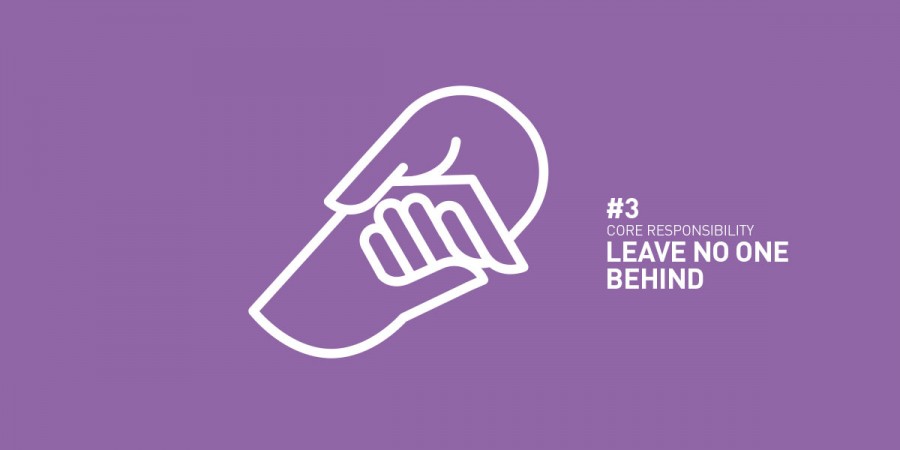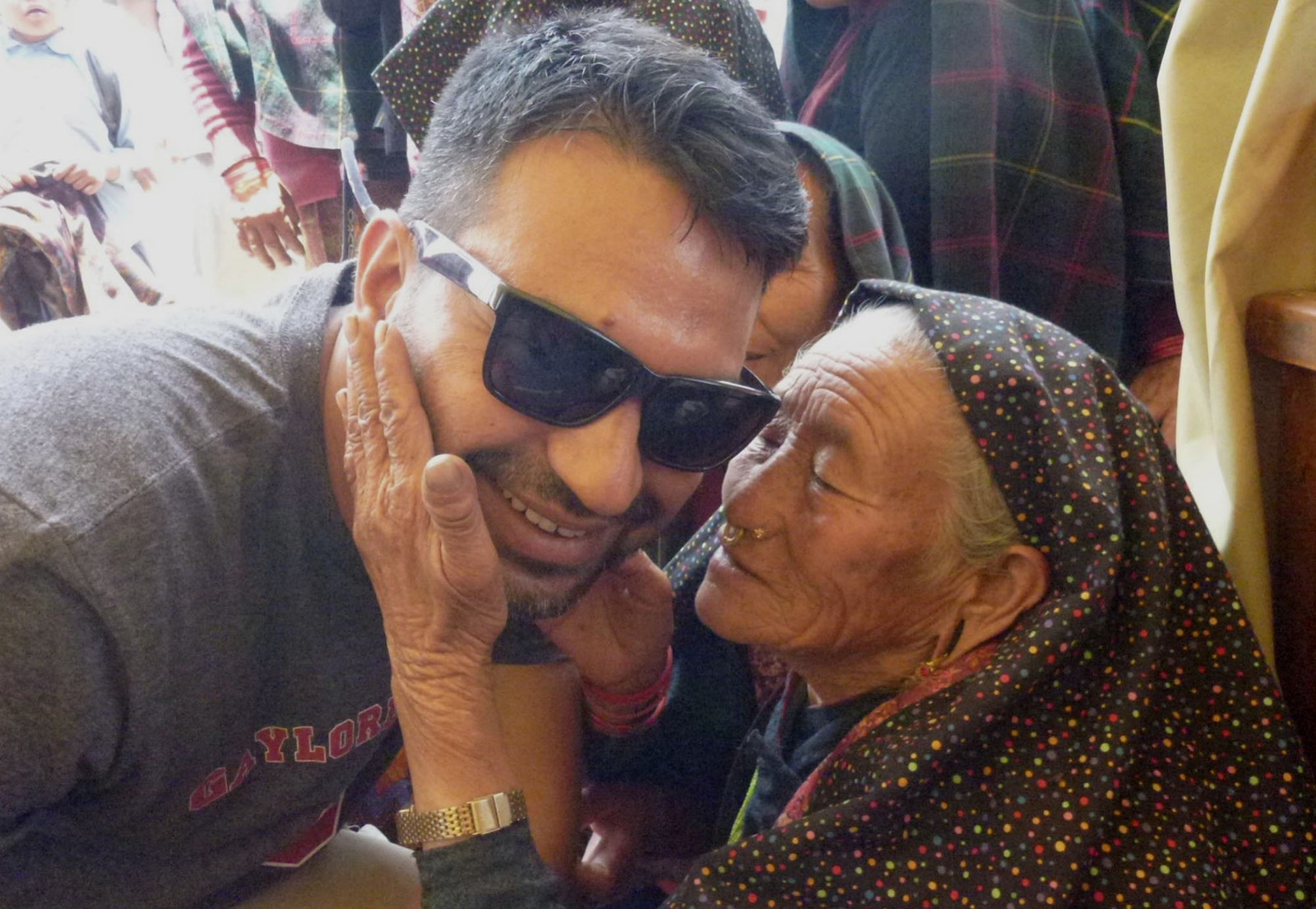As a six-year-old boy, Ban Ki-moon and his family were forced to flee their home during the Korean war. Inspired by his experiences, the now UN Secretary-General has convened the first-ever World Humanitarian Summit as a call for global action to alleviate the suffering of the 125 million people around the world affected by conflicts and disasters. To chart a way forward, he called for an “Agenda for Humanity” based on five core responsibilities, calling on global leaders to stand up for our common humanity and reduce human suffering.
In a series of five blogs, we will explore the core responsibilities through the eyes of those who need them the most: affected people.
Our leaders have the power to close the gap between the world that is and the world that should be. Visit impossiblechoices.org and ask your leader to come to the World Humanitarian Summit and take bold action to stop human suffering.
Core Responsibility 3: Leave no one behind
Imagine being one of the most vulnerable people in the world. You’ve been forcibly displaced, or drought has killed your harvest for a fifth year running. You are Stateless, or you are being targeted because of your race, religion or nationality. Now imagine the world says that none of these people will be left behind—that the world’s poorest will be targeted in development programmes, that world leaders will work to halve displacement and come up with strong plans to protect them, that women and girls will be empowered and protected, and that all children, whether in conflict zones or displaced, will be able to attend school. All of this could be a reality if leaders make and put into action these bold commitments.
This is the story of Dr. Bishal Dhakal from Barpak, Nepal:
“When I was a small kid, I would go to Red Cross gatherings to areas affected by flooding to distribute [survival] kits. If I take my child [to witness these situations], from now on he will be a socially conscious animal. I grew up in that culture where humanitarian service was fabled.” Physician and former surgeon Dr. Bishal Dhakal sprang into action within hours of the 25 April earthquake in Nepal, becoming the first Nepali doctor to reach Barpak village in Gorkha, the epicentre of the quake. Emergency response was in his blood. By the second day after the quake, he had recruited 10 volunteers; by the fifth day, he had 2,000.
“This was a spontaneous integration of young people for venting in a social grief,” said Dr. Dhakal. “For me, citizenship is playing your role when needed.” Collecting money was not Dr. Dhakal’s forte, so he enlisted some business friends to do so. While he continued to provide aid and medical assistance to affected communities, his business friends helped raise an amazing US$1.6 million worth of goods and services. “That is civilian volunteerism,” he explained. “It’s about how you connect the dots.”



Comments